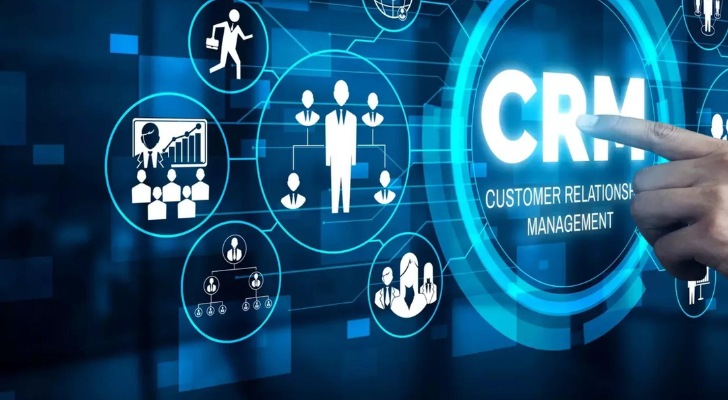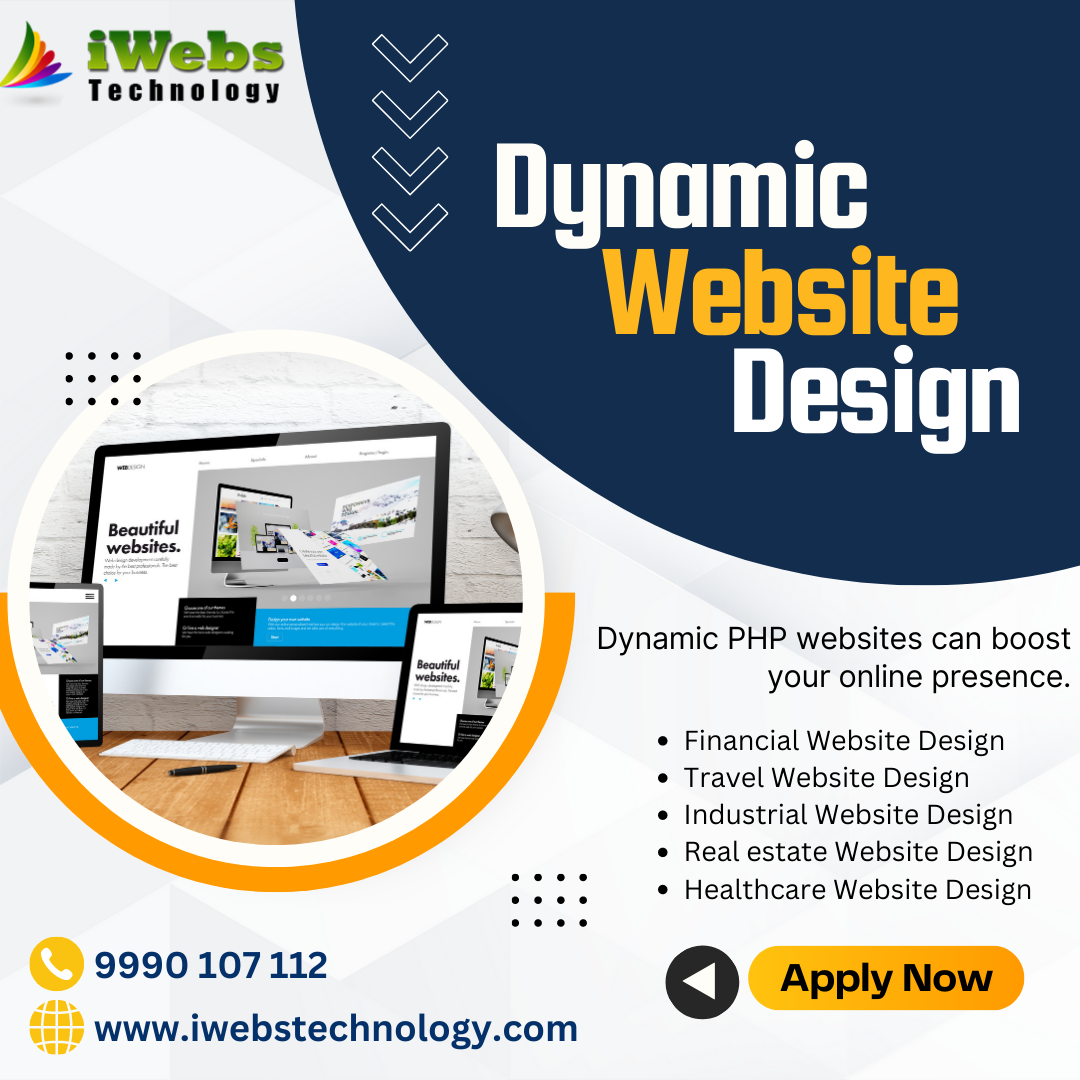CRM Software

CRM Software: Empowering Businesses with Customer-Centric Solutions
Customer Relationship Management (CRM) software has become an integral part of modern business operations, providing organizations with powerful tools to manage and nurture relationships with their customers. CRM software enables businesses to centralize customer data, streamline communication, and enhance overall customer satisfaction. Let's explore the key features, benefits, and considerations when implementing CRM software.
Key Features of CRM Software:
-
Contact Management: Centralize and organize customer information, including contact details, communication history, and preferences.
-
Lead and Opportunity Management: Track and manage leads through the sales pipeline, helping sales teams prioritize opportunities and streamline the conversion process.
-
Sales Automation: Automate repetitive tasks such as data entry, email communication, and follow-up reminders, allowing sales teams to focus on strategic activities.
-
Customer Communication: Facilitate communication with customers through integrated email systems, enabling personalized and targeted interactions.
-
Pipeline and Sales Forecasting: Visualize sales pipelines and forecast future revenue based on historical data, providing insights for decision-making.
-
Customer Support and Service: Manage customer support requests, track service interactions, and ensure timely resolution of issues through integrated helpdesk features.
-
Analytics and Reporting: Generate reports and analytics on customer interactions, sales performance, and other key metrics to inform business strategies.
-
Integration with Other Tools: CRM software often integrates with other business tools such as marketing automation platforms, accounting software, and e-commerce systems.
-
Mobile Accessibility: Provide access to CRM data on mobile devices, allowing teams to stay connected and updated while on the go.
-
Workflow Automation: Streamline business processes by automating workflows, reducing manual tasks, and ensuring consistency in operations.
Benefits of CRM Software:
-
Improved Customer Relationships: CRM software centralizes customer information, fostering better understanding and personalized interactions.
-
Enhanced Communication: Streamlined communication channels enable teams to collaborate effectively and provide consistent information to customers.
-
Increased Sales Efficiency: Sales automation and lead management features optimize sales processes, leading to increased efficiency and higher conversion rates.
-
Customer Retention: Proactive customer support and service features contribute to customer satisfaction, fostering loyalty and retention.
-
Data-Driven Decision-Making: Analytics and reporting tools provide valuable insights, empowering businesses to make informed decisions based on real-time data.
-
Cost Savings: Automation of repetitive tasks and streamlined processes contribute to operational efficiency and cost savings in the long run.
-
Scalability: CRM software is designed to scale with business growth, accommodating an increasing volume of customer data and interactions.
-
Competitive Advantage: Businesses that leverage CRM software gain a competitive edge by delivering exceptional customer experiences and staying agile in a dynamic market.
Considerations When Choosing CRM Software:
-
Ease of Use: Look for CRM software with an intuitive interface to ensure easy adoption and minimal training for users.
-
Customization: Choose a CRM solution that allows customization to adapt to the unique needs and workflows of your business.
-
Integration Capabilities: Ensure that the CRM software integrates seamlessly with other essential business tools, avoiding data silos.
-
Scalability: Assess the scalability of the CRM solution to accommodate your business growth without compromising performance.
-
Security: Prioritize security features to protect sensitive customer data and maintain compliance with data protection regulations.
-
Cost Structure: Evaluate the cost structure of the CRM software, considering factors such as subscription fees, implementation costs, and potential additional charges.
-
Mobile Accessibility: Confirm that the CRM solution offers mobile accessibility, allowing users to access customer information and collaborate while on the move.
-
Customer Support: Consider the level of customer support provided by the CRM vendor, including available resources, training, and responsiveness to inquiries.


